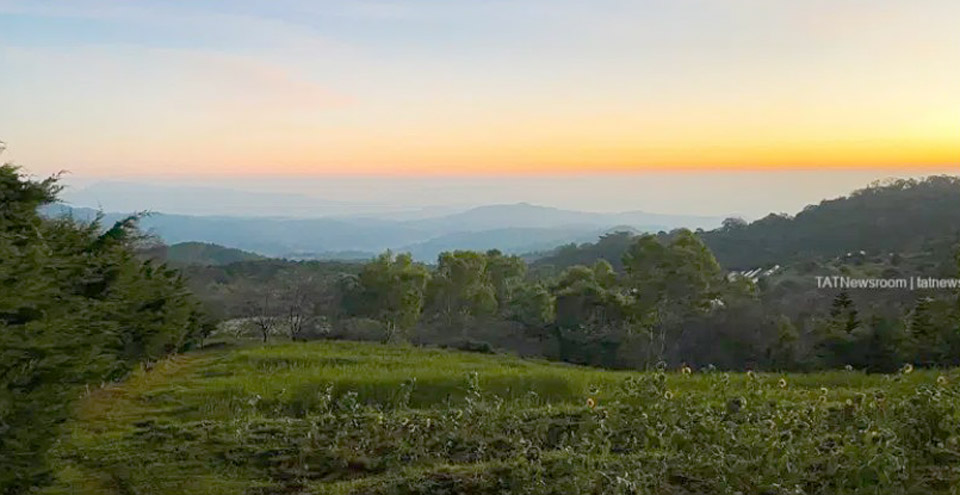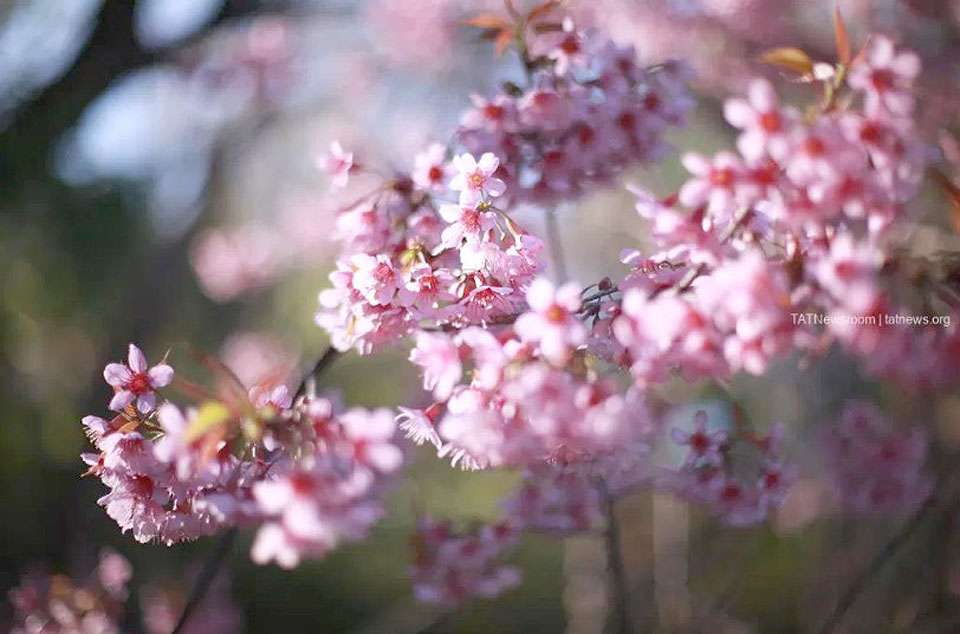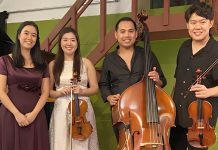
Doi Inthanon- sometimes referred to as the “roof of Thailand” – is the highest mountain in the Kingdom, peaking at 2565 metres (8415 feet). Known for its scenic viewpoints, “Thailand Winter” weather, and an abundance of waterfalls, the mountain and its surrounding area comprise one of Thailand’s most well-known national parks, which attracted nearly 900,000 visitors in 2019 alone. Doi Inthanon, which covers 482 square kilometres, was officially established as a national park in 1972.
The far-reaching national park is located in Chiang Mai province, which is home to several other renowned mountains that draw tourists to the area; such as, Doi Suthep, which is much closer to Chiang Mai city than Doi Inthanon.
Like many other national parks in Thailand, Doi Inthanon is known for its lush forests, winding scenic drives, and endless opportunities to watch unforgettable sunrises and sunsets. Various unique features set it apart; namely that it is still home to many indigenous people. The Hmong people and the indigenous Karen tribes make a living off the land by growing a variety of agricultural products, including one of Thailand’s most prized beans: coffee.
Additionally, Doi Inthanon is home to many famous trekking and trail running routes that draw athletes to the area every year. These sporting events are unique for Thailand because they offer everything from off-road mud trails to waterfalls and stints through dense jungles and along the ridges of mountains; all in the course of the same event.
Finding the cherry blossoms
One of the many distinguished areas of Doi Inthanon National Park is Khun Wang Royal Agriculture Project Development Centre. The development, nestled on a northward-facing slope inside of Doi Inthanon, is a 2-hour drive from Chiang Mai by car.

Following a visit to Ban Khun Wang by His Majesty King Bhumibol Adulyadej The Greatin 1980, Khun Wang Royal Project Development Centre was established. At the time of the inaugural visit, the area was being used for farming opium. To change the land use without upending the lives of the farmers that lived off of it, the project was established to help farmers learn to grow different crops, while also providing them with the knowledge and technology necessary to build a thriving agribusiness.
And so today, visitors to Khun Wang will find a large variety of edible plants throughout the property, including plums, broccoli, tomatoes, onions, radishes, bell peppers, strawberries … and the list goes on!
In addition to the edible plants peppered throughout Khun Wang, the area is recognised for its ornamental gardens teeming with seasonal blooms of sunflowers, orchids, and most notably, the elusive Himalayan Cherry Blossoms.
The blooming of the fragrant and colourful Himalayan Cherry Blossoms occurs from late January to mid-February, drawing tourists seeking a chance to watch them come to life. This specific event is unique in Thailand and globally because these trees don’t live anywhere else in the Kingdom, and their blooming in Thailand is often the first instance of these trees flowering worldwide every year.

Visitors to Khun Wang can walk through the property on small pathways lined with the cherry blossoms, while taking in sweeping views of the surrounding mountains and lush valleys down below, which are dotted with village life.
In the context of Thailand’s general climate, Khun Wang offers a unique outdoor experience in that it is a uniquely wintery place for the Kingdom. In the winter months, Khun Wang records temperatures as low as 0 degrees Celsius, so it is recommended that visitors (especially those coming to camp) bundle up more than expected, especially after being exposed to the much warmer climates around the country.
Khun Wang Royal Project Development Centre is open year-round from 8 a.m.-4 p.m. every day for self-guided tours through the agriculture park. On-site, cabins can be rented for overnight guests, and there is also the option to camp with accommodation for up to 100 guests.
For more information about Khun Wang and planning a trip there, visitors can refer to the Facebook page for more details: https://www.facebook.com/Cm.Khunwang (info available in Thai language only).
 |
 |
 |





